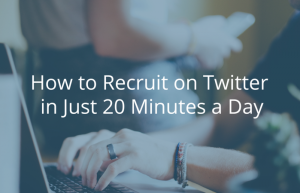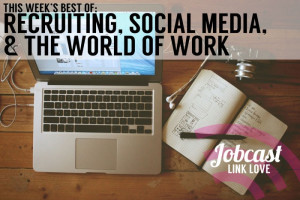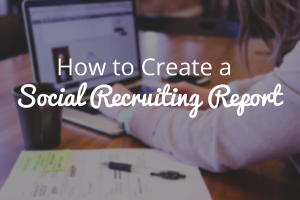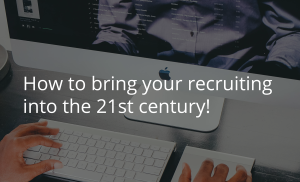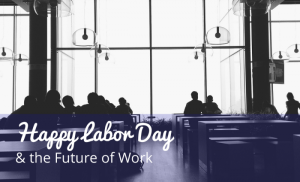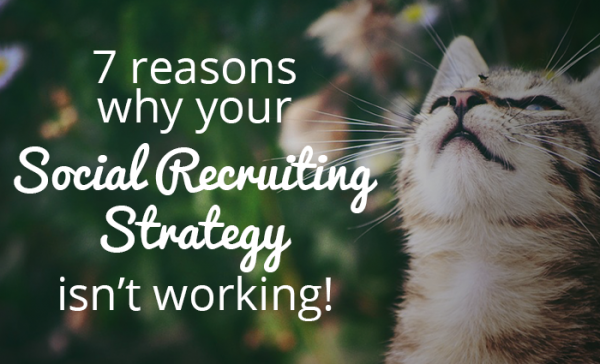
7 Reasons Why Your Social Recruiting Strategy Isn't Working
Social recruiting has been with us for almost a decade (that’s right, some recruiters still remember the days of MySpace), but many hiring managers still have absolutely no clue about incorporating social media into their recruiting strategy. If your social recruiting efforts haven’t brought forth any tangible benefits, you might be doing something wrong.
Here are 7 reasons why your social recruiting strategy might not be working for you.
1. You build your strategy on a wrong vision of social recruiting
Social recruiting is simple and inexpensive, right?
Wrong. While social platforms are freely available, social recruiting is hardly free in itself.
Consider the time, people, resources, and their associated costs when developing a formal social recruiting process. Also consider what social recruiting really means. Posting job offers to your Facebook page liked by two dozen people is not social recruiting. In order to start recruiting, you’ll need to engage candidates. Post interesting content, participate in online discussions and share your expertise in the field! These sorts of activities will develop your employer brand, which will inspire and attract high quality candidates to you.
2. You lack sufficient knowledge about different social networks and their audiences
It is true that LinkedIn exists as the largest professional network, but a common mistake is to ignore other channels. Remember that potential candidates use many other tools to connect with each other. Present yourself as an attractive employer without making them look for you.
Where is your talent? Perhaps they are Tweeting, posting pictures on Instagram, or liking Pinboards on Pinterest. Understand the channel you wish to enter, and what would suit your brand. Create and curate content to support your chosen channels. Only by first understanding, you can benefit from social recruiting. Otherwise, even the largest social networks won’t be helpful to your efforts.
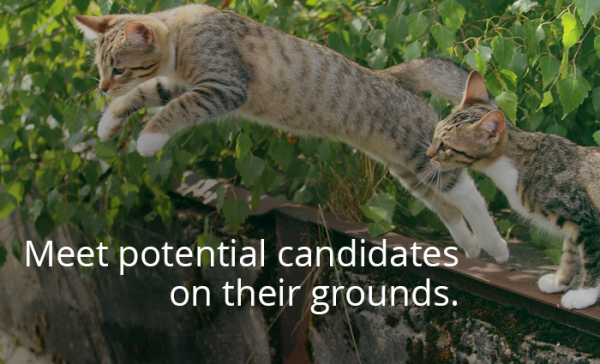
3. Your posts lack value
Many recruiters are so focused on growing their networks that they completely forget about value. Take a moment to consider what kind of value you might bring to a job seeker who chooses to follow you.
Try to deliver a healthy mix of curated and created content, both which should help candidates better understand and relate with your company culture. Let the value you provide be the eventual push that turns your follower into a job seeker.
4. You’re not responding to candidates
Social media is a handy tool for researching candidates, both current and prospective. Many social media managers may post content regularly, but often fail to respond in time to their followers. Don’t forget to participate in your community, and always respond to messages sent your way! It is also important to develop a consistent brand voice for all company communications.
The best responses are based on social listening, which is key to unveiling crucial data about your audience. By listening closely, you will be able to provide relevant content to your networks. Social listening can also help you evaluate your brand performance.
5. You believe social media users are predominantly job seekers
This is a classic mistake made by many recruiters who treat social media as if they were vast candidate pools – repositories of people who are just desperate for a job. Only half of them might be interested in positions you’ve got to offer. Many are probably just interested in what you have to say.
A related misconception is that everyone will be interested in connecting with a recruiter. Even if candidates are looking for a new job, connecting with recruiters can pose a risk to their current position by exposing their job hunting to colleagues and employers. Don’t count on a surge of new connections, but pay more attention to your own profiles.
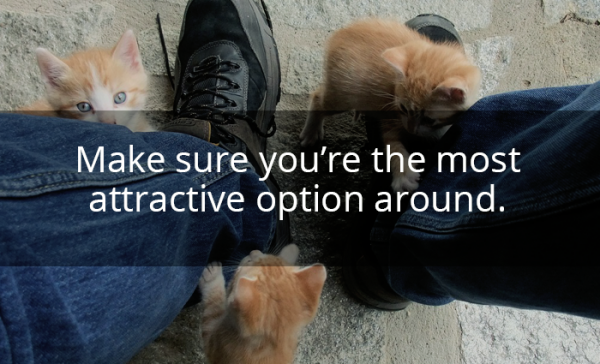
6. You fail to leverage the potential of your employees
Employee referral strategy can extend beyond the offline world. In fact, employee referral is the source of best hires for companies. Many enterprises ban the use of social media on their premises, effectively blocking this line of communication between employees and the world.
Employees can provide you with the best narrative about your brand. Definitely allow them to tell their story! It results in a more authentic brand image to present to your networks. Behind-the-scenes footage showing employees at work is an excellent way to start.
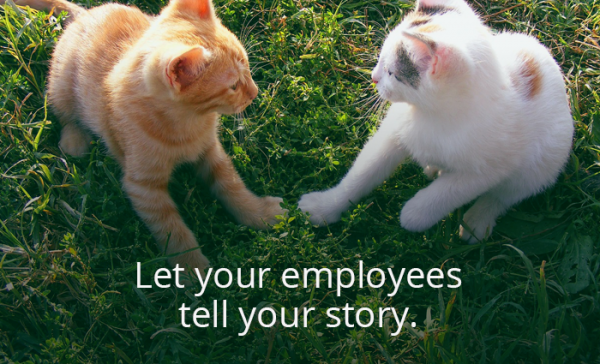
7. You’re not measuring your results
Finally, it escapes most recruiters that their efforts in social recruiting can actually be measured and analyzed to generate valuable insights about their practice. Here’s a quick metric to start with: think about how many candidates hired last year came from social media. Now consider how many are still with your company. Were they quality hires? As a recruiter, you need this kind of knowledge about your current workforce. It’s not only about the efficiency of your social recruitment, but your entire recruitment strategy.
Check off this list of the most common misconceptions floating around social recruiting and and ensure that none of these will finish in your strategy. Have you noticed your fellow recruiters make these mistakes? Share, tweet, or comment so that everyone stands a chance at improving their social recruiting strategy!
Thank you Torri for your contribution!
Editing and images by Jasmine Tiang

